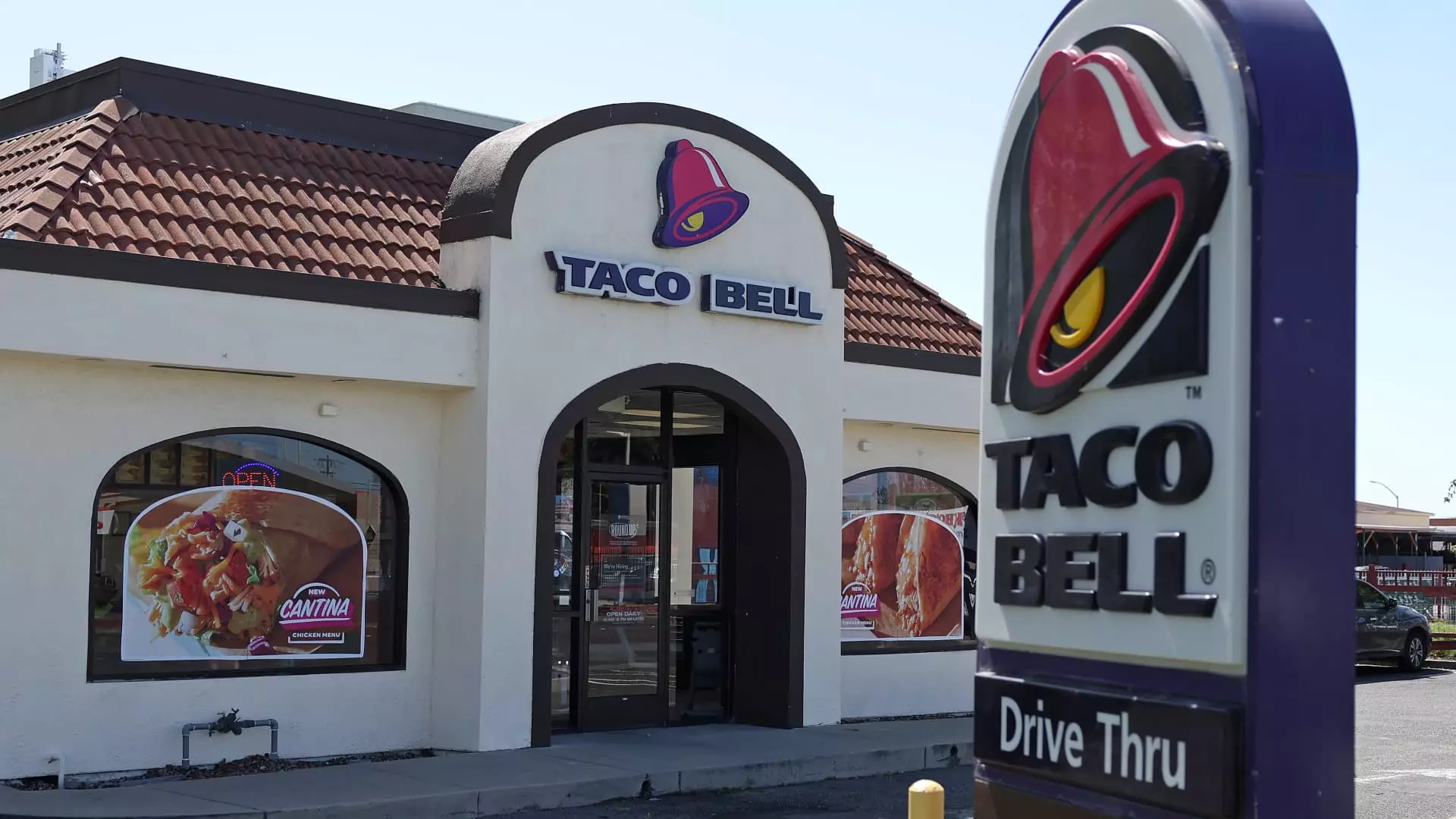The recent E. coli outbreak linked to certain fast-food items has sent ripples through the food service industry, prompting significant responses from major players like Yum Brands and Restaurant Brands International. In light of these health concerns, both companies have taken cautious measures to ensure the safety of their customers, illustrating the delicate balance between food safety, brand reputation, and economic viability in the competitive world of fast food.
At the heart of this crisis lies a devastating E. coli outbreak that has reportedly led to at least one death and numerous illnesses across ten states in the U.S., including Colorado and Nebraska. As health officials work tirelessly to trace the origins of this outbreak, the fast-food sector finds itself under heightened scrutiny. With the Centers for Disease Control and Prevention (CDC) actively investigating, the urgency for fast-food chains to respond proactively has never been greater.
Yum Brands, which oversees beloved chains like Taco Bell, KFC, and Pizza Hut, has responded by removing fresh onions from select outlets as a preventative measure. By taking the precaution of pulling these items from its menu, Yum Brands not only prioritizes customer safety but also demonstrates a commitment to adhering to supplier and regulatory guidance. However, the lack of specificity regarding which or how many locations are affected raises questions about transparency and consumer trust.
As part of the response to the E. coli scare, Burger King has also taken significant steps, removing onions from approximately 5% of its U.S. locations. Their decision arose from investigations that traced the onions back to Taylor Farms, the same supplier linked to the E. coli outbreak affecting McDonald’s. While Burger King claims that their staff processes whole, fresh onions on-site, the reliance on a singular supplier puts them in a precarious position amidst an evolving food safety crisis.
One crucial element of this situation is the interconnectedness of the food supply chain. This outbreak exemplifies how a single point of failure in food production can have cascading effects across multiple brands, as seen with Burger King and its reliance on Taylor Farms, which also supplies McDonald’s. Such scenarios highlight the inherent risks in centralized supply chains, wherein a problem can proliferate across several chains, leading to widespread consumer concern.
The swift action taken by these corporations underscores the importance of corporate responsibility in maintaining food safety. In the midst of the outbreak, Yum Brands and Burger King have shown a willingness to prioritize their customers’ health over immediate profits. McDonald’s has also pulled Quarter Pounders from a fifth of its locations, indicating that the fast-food giant recognizes the potential implications of foodborne illnesses on its brand image and customer loyalty.
Yet, the effectiveness of these precautionary measures will ultimately rest on transparency. Consumers have a right to know which locations are affected and why specific decisions have been made. Without clear communication, companies risk losing consumer trust, which, once lost, is challenging to regain.
The E. coli outbreak serves as a grim reminder of the vulnerabilities inherent in the food supply chain. As this situation unfolds, it is imperative for food service operations to reassess their protocols for sourcing, handling, and communicating about food safety issues. Implementing stronger checks and balances within the supply chain could prove critical in mitigating future outbreaks. Companies may also benefit from enhancing their crisis management strategies, ensuring they are fully prepared for the fallout of a food safety crisis.
The E. coli outbreak has not only impacted the operations of major fast-food chains such as Yum Brands and Burger King but has also ignited a broader conversation about food safety and corporate ethics in the food industry. As consumers grow more aware and concerned about the food they consume, it will be essential for these corporations to remain vigilant, transparent, and proactive in their efforts to safeguard public health. The stakes are high, and the ramifications of inaction could be lasting for all involved.

